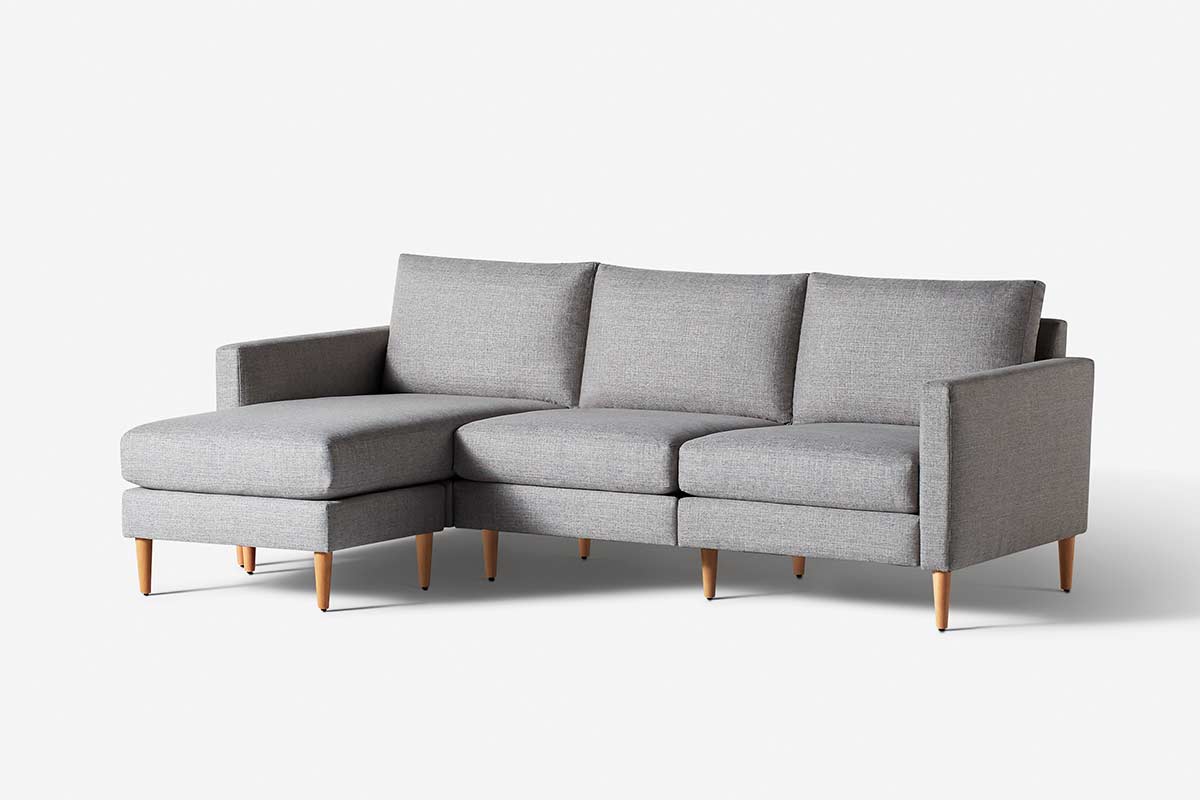Simply Essential™ Cabana Outdoor Folding Zero Gravity Chair in Tan/White
Durable powder-coated finish for continued outdoor use. Folds for easy storage.
Durable powder-coated finish for continued outdoor use
Folds for easy storage
Folds for easy storage
- Lends a casual look to any outdoor space
- Folds for easy storage
- All-weather, powder-coated finish for continued outdoor use
- Corrosion-resistant
- Steel/fabric/plastic construction with polyurethane fill
- Weighs 17.32 lb.
- 250 lb. weight capacity
- Measures 35.43″ L x 25.59″ W x 44.49″ H
- Imported
- skuId: 69741100
Additional information
| Weighs | 17.32 lb. |
|---|---|
| Measures | 35.43" L x 25.59" W x 44.49" H |






by Chris
Very nice product and affordable cost. We love it so much!
by Dylan
Absolutely love this gravity chair. Easy to fold up and put out.. I recently had knee surgery and being able to get in and out is awesome!